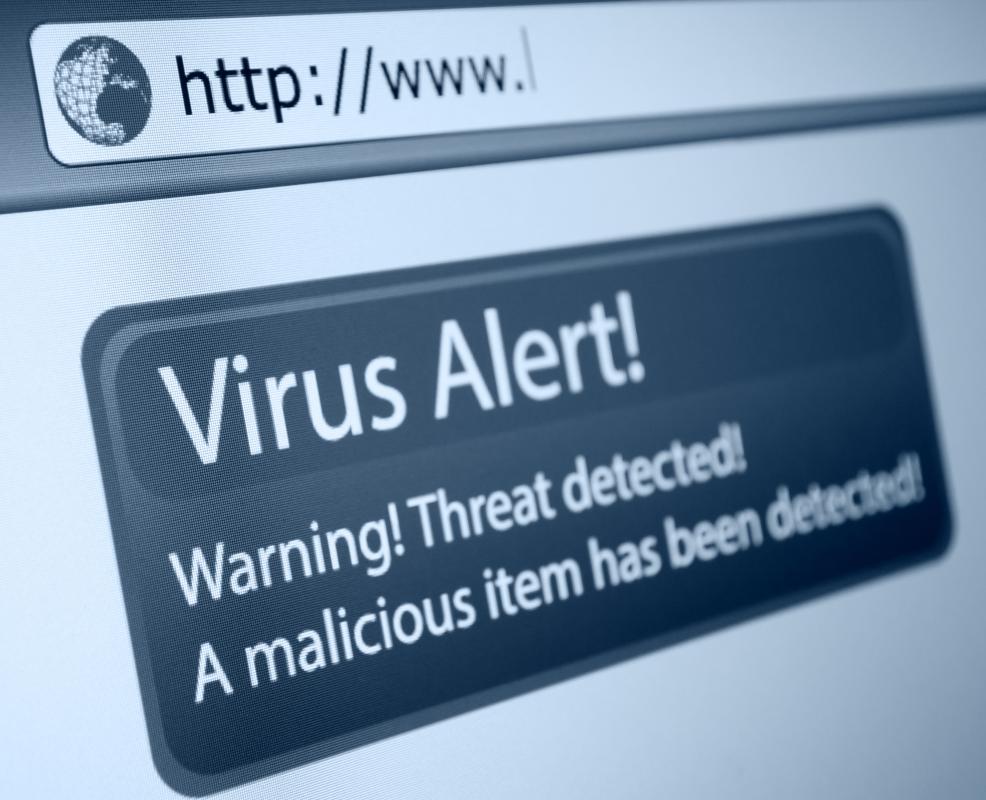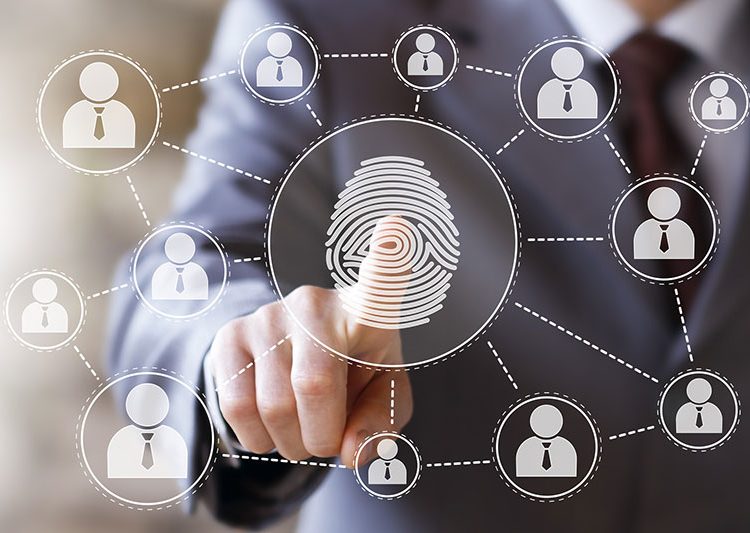Tag: Email Security
How To Avoid Computer Viruses
What is a virus?
A computer virus is simply a computer program that executes malicious code on your machine.
To make the concept of a virus simple to understand, consider this example. A computer program has a particular function. Microsoft Word, for example, is a text editor program. Excel is a program for creating spreadsheets. A virus is also a program, except its function is to perform tasks that delete your files, steal passwords from your computer, and many others.
Two-Factor Authentication
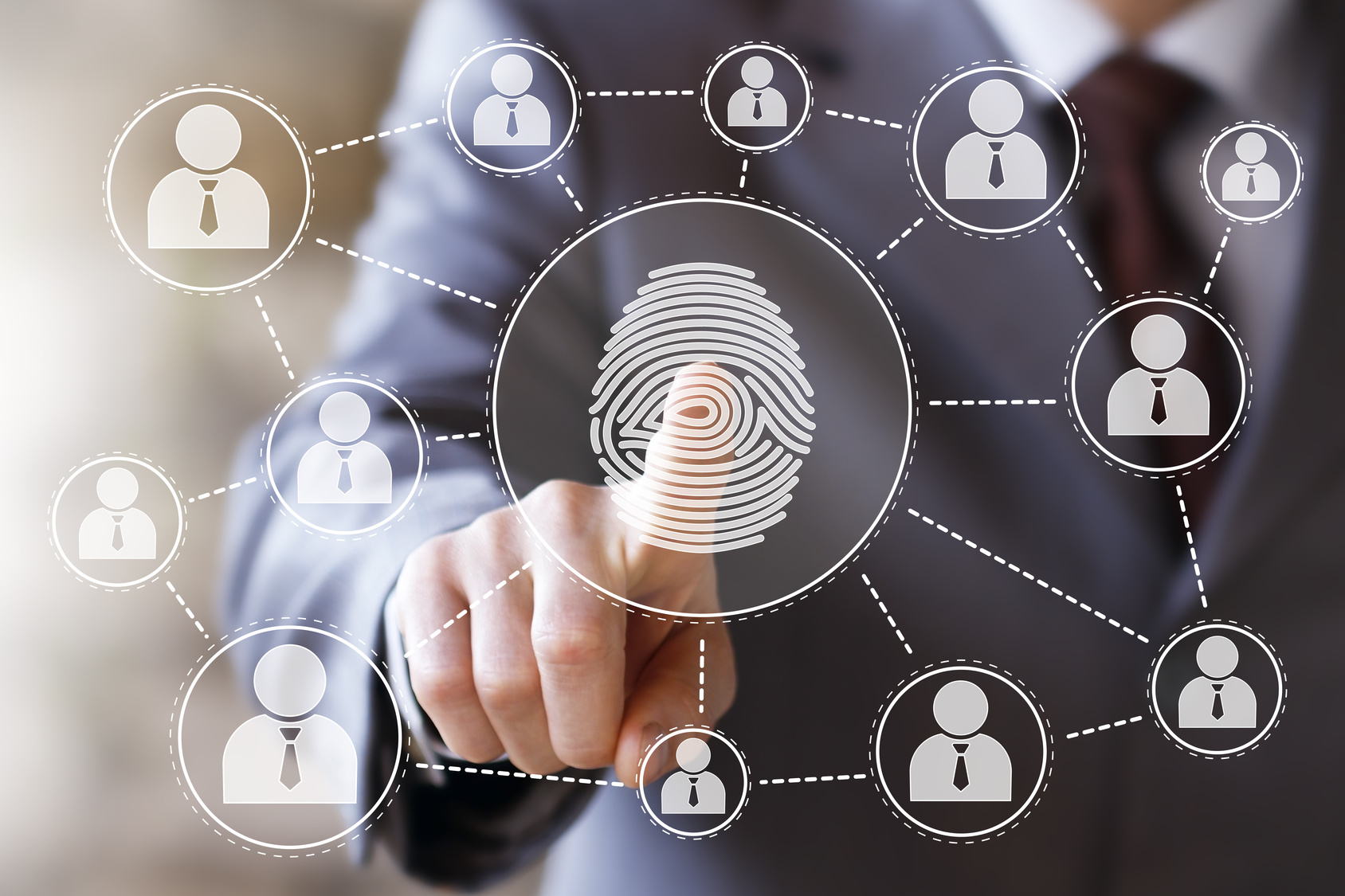
Over the years we can see that the use of conventional passwords are not enough to protect ourselves online. Accounts are easily invaded through the discovery of personal passwords, social profiles are violated, increasingly sophisticated malware is spread, and mobile threats have become increasingly present in our day-to-day lives. Several attacks are enough to prove that the security provided by traditional passwords are no longer as efficient as they used to be. This is due to the fact that the technologies used by malicious users have evolved.
One of the last (already ineffective) methods formerly used are the one-time acronym passwords (OTP), which basically give you a specific time-frame to insert your sensitive information. If it takes too long for you to insert that information, then your login is delayed. All of this is done in an effort to circumvent robots or malware who may try to break into your private accounts. However, this has already become useless because the malware programs used by hackers are now able to slip through these techniques. Although this tactic is still active and employed, it is considered by many to be 70% ineffective.
Configuring a catch-all email account

Introduction
If you have your own website, chances are you have a custom email address, such as contact@yourdomain.com. As part of your email strategy, you can create a specific email to “catch” the ones that get away.
You see, people mess up. Often times, a person will send you an email, and because they mistyped your address, they’ll wind up forwarding their message to a non-existent recipient. With a catch-email account in place, it will capture these messages that would have otherwise been sent to the wrong receiver.
So how does this work?
11 Tips for Creating Strong Passwords

Are you concerned with your online safety? Here are 11 tips to creating strong passwords – 1. Create passwords that use a combination of both upper and lower case letters, along with a combination of symbols and numbers. 2. Don’t use your wireless network’s name as your password, though you may be tempted to do this since it’s convenient. 3. Don’t create passwords that are easy to guess, such as “1234”, “username”, and “password”. 4. Don’t create passwords based on your confidential information (it’s not as private as you think). Avoid using things such as names of family members, social security numbers, phone numbers, birth dates, etc. 5. Avoid using “real words” (you know, like the ones you’ll find in the dictionary.) There are freely available password-cracking tools on the internet that come with dictionary lists. These lists will try thousands of common passwords and names all at once. If you do use words from the dictionary, try adding numbers to them, as well as different punctuation at the beginning and/or the end of the word. 6. Avoid using side-by-side keyboard combinations: For example, “123456”, “zxcv”, and “qwerty” are all terrible passwords that are easy to crack. 7. Some of the best passwords aren’t necessarily words, but a collection of words that form of phrase. For example, your password may be the first sentence of your favorite book. Making your password complex is good, but making it longer is better. These are called passphrases. Not so long ago, it used to be the case that creating a password that was 8-10 characters in length was good enough. However, these days it has become increasingly affordable for hackers to develop powerful password cracking tools that can run millions of combinations in a matter of seconds. So remember, each character that you include in your password makes it harder for a hacker to attack you through brute force methods. 8. Avoid using the same password on other websites. It’s relatively safe to use the same password on websites that do not store valuable and personal information (such as news websites). It’s a bad idea, however, to use the same password on a web site that is sensitive (such as an online banking website.) 9. Don’t use the password that you created for your email account on another website. If by any chance you get hacked from a different website and the hacker grabs your email address, he can test the password. If it happens to be the same password, pretty soon someone is going to be reading your emails and extracting more personal information from you. 10. Never store your passwords in plain text on your computer. Here’s a better way to remember them: Write down your password on a physical sheet of paper. Create a list of the websites in which you have a password. Next to each one of these websites write down your login name and a clue to help you remember what your password is. If you do tend to forget your password, most companies have a “forgot your password” option on the login screen. When you click that, they will ask you some security questions and email your password. 11. Be weary of generated passwords. There are free online tools at your disposal that will create powerful password combinations for you in a matter of seconds. However, be sure to verify that the generator you are using is safe. Hackers have also figured out a way to create this tool. They on the other hand, will generate a password for others, and then use those passwords to hack into their personal information. Having a secure password is very important. So how do we know if the password we created is strong enough? When we create an online account, usually in the password field, there is a bar that makes an analysis of its strength. To get a good result, we vary the characters between uppercase and lowercase letters, numbers and special characters. Changing passwords from time-to-time is also a good idea. A significant switch in characters every three months would be a good example. We’d love to hear your thoughts and comments below! And as always, if you need any assistance, please email us at Support@HostandStore.com. Enjoy your week! |
5 Things You Should Know Before Unsubscribing
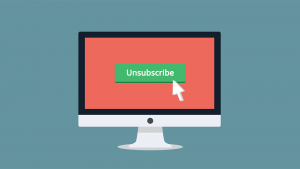
Everyone at one point has received an unsolicited email. Most of us know that cleaning them up from our inbox is as simple as clicking the unsubscribe button at the bottom of the page.
However, what most people don’t know is that clicking on those emails can get them into some serious trouble.
If a spammer sends you an email that looks legit, you may wind up giving away personal information about yourself when you decide to opt-out of his fake mailing list. Worst of all, you could grant him with the opportunity to send you some malware, though obviously not everyone who emails you is out to grab your personal data.
Why Should I Have A Secondary Email Address? Part 3: Professionalism

Which dentist would you choose if you received the following email addresses: info@drjohn.com or johnnyteeth72@gmail.com?
If you’re like most people, you’d pick the first one.
That’s not just a random statement. As a matter of fact, in a recent survey by Verisign, 9 out of 10 people said that the first email makes a business look more credible.
Why Should I Have a Secondary Email Address? Part 1: Security
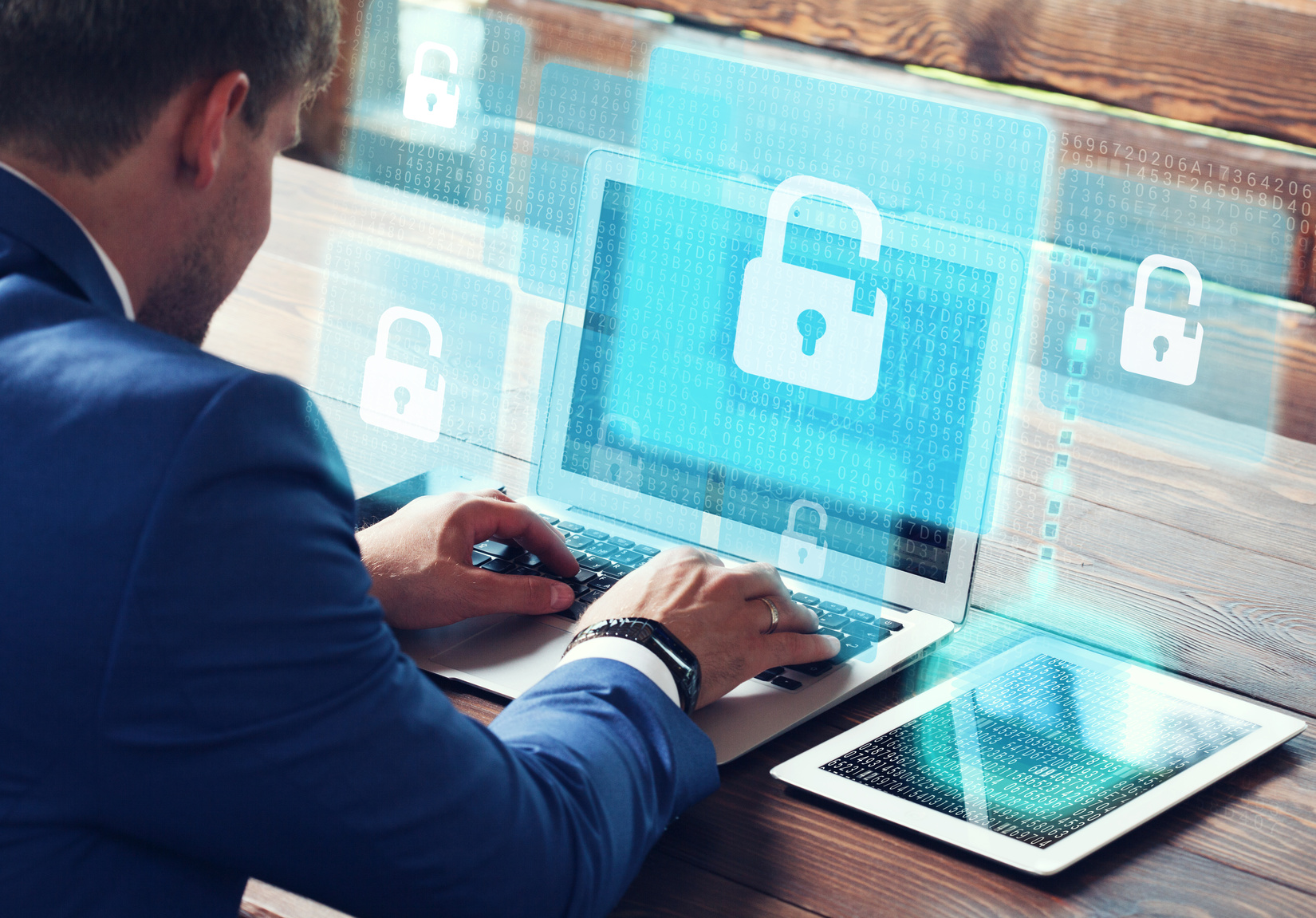
The threat of losing personal data has become an increasing problem worldwide. We currently live in a world where our private information is made vulnerable on a daily basis thanks to cyber criminals, whose primary objective is to steal various forms of personal identifying information (PII), such as social security numbers, account numbers, our identities, and so much more.
With this being said, it has become increasingly important to take preventative measures in regards to how we use our email address on the web. Fortunately, with the right tools, preventing cybercrime can be easy. As a matter of fact, one of these tools is so simple, it’s often overlooked by many people: a secondary email address.
Here are 3 tips on how you can use a secondary email address to protect yourself on the web.
The Importance of Password Security

Hello, Friends! I hope you are all doing great.
The internet is a wonderful thing. On the other hand, there are drawbacks, as there are with any good thing. Your whole identity is on the internet. Many of us use online banking and pay our bills on the internet. Proper precautions must be taken when it comes to security. I’d like to pass along some information about password security in general.

